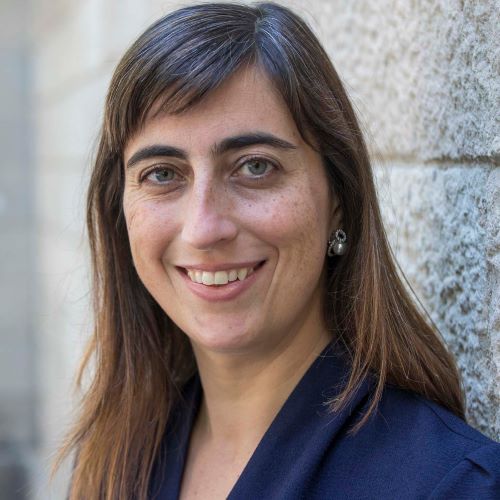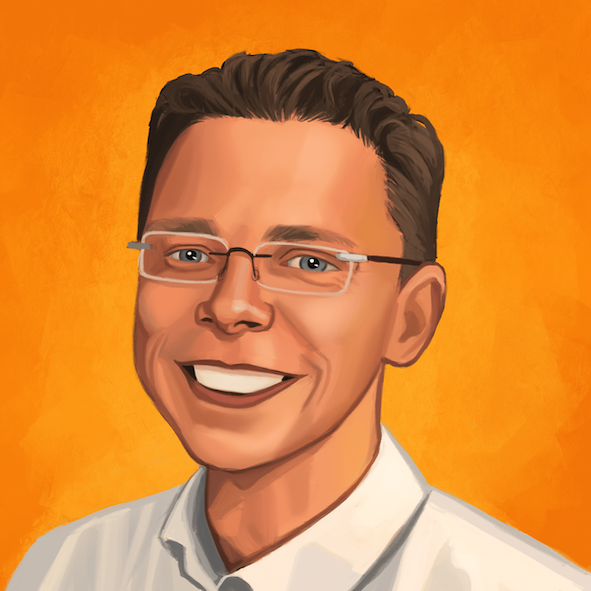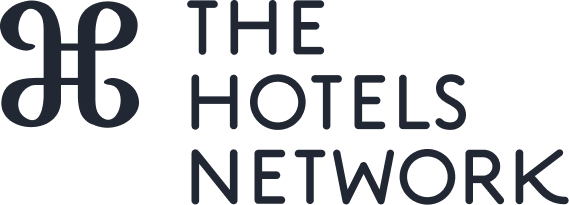
Patrick Debois
Independent DevOps/DevSecops advisor and principal engineer at his own
In order to understand current IT organizations, Patrick has taken a habit of changing both his consultancy role and the domain which he works in: sometimes as a developer, manager, sysadmin, tester and even as the customer.
He first presented concepts on Agile Infrastructure at Agile 2008 in Toronto, and in 2009 he organized the first devopsdays. Since then he has been promoting the notion of ‘devops’ to exchange ideas between these groups and show how they can help each other to achieve better results in business.
Synthetic media - humans as code
I've done my fair share of automating computers and deploying processes. Many things have been said and written and after reading the conference schedule I wasn't sure what to add. Lately, though, I've become intrigued by how computers are automating humans, that is, the creation of photorealistic humans and virtual environments also known as 'synthetic media'.
I will take you on a tour across lipsynching, face swapping, voice cloning and capturing 3d modelling humans. How close are we at generating humans and what does it mean for our society? From Hollywood VFX over virtual production to AI-generated humans via GAN models and deepfakes, I'd like to explain the topics in a technical engineering way to inspire people in this exciting new field.

Hannah Foxwell
Director for Platform Services at VMWare Tanzu
Hannah Foxwell is Director for Platform Services at VMware Tanzu, based in the UK. She leads a team of Solution Architects and Product Managers who are focused on building wildly successful Platforms with customers across EMEA. Hannah is organiser of DevOpsDays London and is a champion of the HumanOps movement with a keen interest in engineering practices and processes that make life better for the humans who work in tech.
DevOps vs. DevX - Shifting Left the Wrong Way
In 2010 the DevOps movement set about solving the blockage on the path to production. The wall of confusion. Developers would throw new software releases, new features and new products over the wall to operations who were tasked with supporting these apps in production. As a community, we've been tearing down the wall of confusion for a decade (sometimes building new and different walls where it stood) and we've learnt a thing or two along the way. In this talk, Hannah will reflect on how we've often "shifted left" the wrong way, and how we might approach this familiar problem in new ways that set our teams up for success.

Emilia Gómez
Senior Researcher at Joint Research Centre, European Commission
Emilia Gómez (Bsc/Msc in Electrical Engineering, PhD in Computer Science) is Principal Investigator on Human and Machine Intelligence (HUMAINT) and scientific coordinator of AI WATCH at the Joint Research Centre, European Commission in Seville, Spain. She is also a Guest Professor at the Music Technology Group, Universitat Pompeu Fabra (Barcelona).
Her research is grounded on the Music Information Retrieval field, where she has developed data-driven technologies to support music listening experiences. Starting from music, she researches on the impact of AI into human behaviour including topics such as fairness in machine learning algorithms and the impact of AI on jobs and children development. Prof. Gómez has co-authored >150 peer-reviewed publications, open datasets and software packages, supervised 11 PhD theses, co-founded a company (BMAT) and contributed to many funded projects. She is currently a member of the Spanish National Council for AI and the OECD One AI expert group
Developing data-driven applications to enhance music listening experiences
Music Information Retrieval deals with the development of technologies to facilitate access to large music collections. In this talk, I will provide an overview of data-driven algorithms for the description of music content, with a focus on audio, and how they can be exploited to enhance music listening experiences through visualizations or recommendations. I will comment on the challenges we encounter when dealing with music data, the approaches used to incorporate musical and acoustic knowledge into machine learning models, and the wide possible range of application contexts, from music platforms to personalised music therapy. I will illustrate the talk with a set of demos of software libraries or prototypes I have contributed to in my work.

Hadi Hariri
Developer Advocacy at JetBrains
Developer and creator of many things OSS, he has been programming in one way, shape or form since the age of 12. Author of various publications and courses, Hadi has been speaking at industry events for nearly two decades. Host to Talking Kotlin, he works at JetBrains leading the Developer Advocacy team, and spends as much time as he can writing code.
The Silver Bullet Syndrome Part 2 - Complexity Strikes Back!
It's 2022. Developers have seen it all. They've tried it all. But it seems all is just not enough. The quest for simple has led us to a path of complexity that is often needless. Or is it? Was it all just a lie? Was it all about job security?
As the world moves towards businesses that demand even more developer resources, can we as an industry come together and think about how we can make the world a simpler place? Or will complexity take over even more?
In Part 2 of Silver Bullet Syndrome, we'll see where we are as an industry, and more importantly, have we finally found the Silver Bullet.

Michael Hausenblas
Solution Engineering Lead at AWS
Michael is a Solution Engineering Lead in the AWS open source observability service team. He covers Prometheus, Grafana, and OpenTelemetry upstream and in managed services. Before Amazon, Michael worked at Red Hat, Mesosphere (now D2iQ), MapR (now part of HPE), and prior to that ten years in applied research.
Observability—a data engineering challenge
Observability is the capability to continuously generate and discover actionable insights based on signals from a system under observation, with the goal to influence the system. Stepping back a bit, this is really about data engineering, from pipelines to efficiently storing and retrieving data points to visualizations to applying Machine Learning to automate certain tasks. In this talk we will have a look at the challenges we face in the observability space and how open source and open specifications can help to move the community forward.

Laura Nolan
Chaos Reduction Engineer at Slack
Laura Nolan is an engineer and tech lead at Slack, working primarily on ingress loadbalancing and service networking. Formerly a Site Reliability Engineer at Google, Laura contributed to the 'Site Reliability Engineering' book published by O'Reilly, as well as 'Seeking SRE' and '97 Things Every SRE Should Know', in addition to writing for USENIX :login; magazine and Slack's engineering blog. Laura lives in Dublin, Ireland, and is the employee of two large and demanding cats.
Patterns for Graceful Extensibility in Distributed Software Systems
In recent years the software industry has begun to pay attention to the field of Resilience Engineering, a relatively new field that studies complex systems and how they behave under unexpected conditions. One concept that has emerged from Resilience Engineering is Graceful Extensibility. Systems that have a high degree of Graceful Extensibility are not brittle: they do not collapse quickly when unusual demands are made on them, and they can adapt to changing conditions.
Many kinds of natural systems demonstrate graceful extensibility - Dr Richard Cook’s talk on the resiliency of bone is a perfect example. Software systems, unfortunately, are typically much more brittle than organic systems - even the largest organisation experiences outages. There is no silver bullet to address the problem that the sheer complexity of software systems causes. However, there are a number of architectural and organisational patterns that we can use to increase the Graceful Extensibility of our systems: from basic circuitbreaking and ratelimiting to more advanced design concepts such as constant-work systems and cellular architectures, as well as organisational practices that help us to spot the signals that our systems are approaching their limits. This talk will dive into these technical and organisational elements of resiliency in distributed software systems.







































